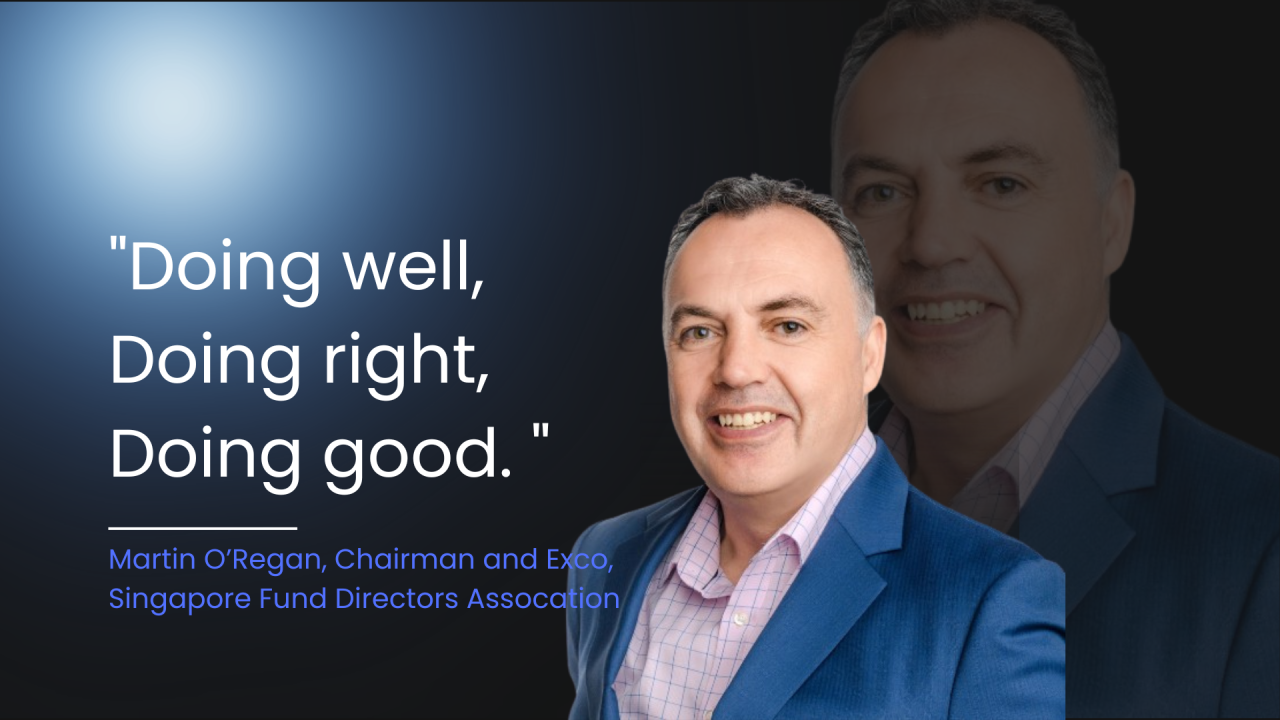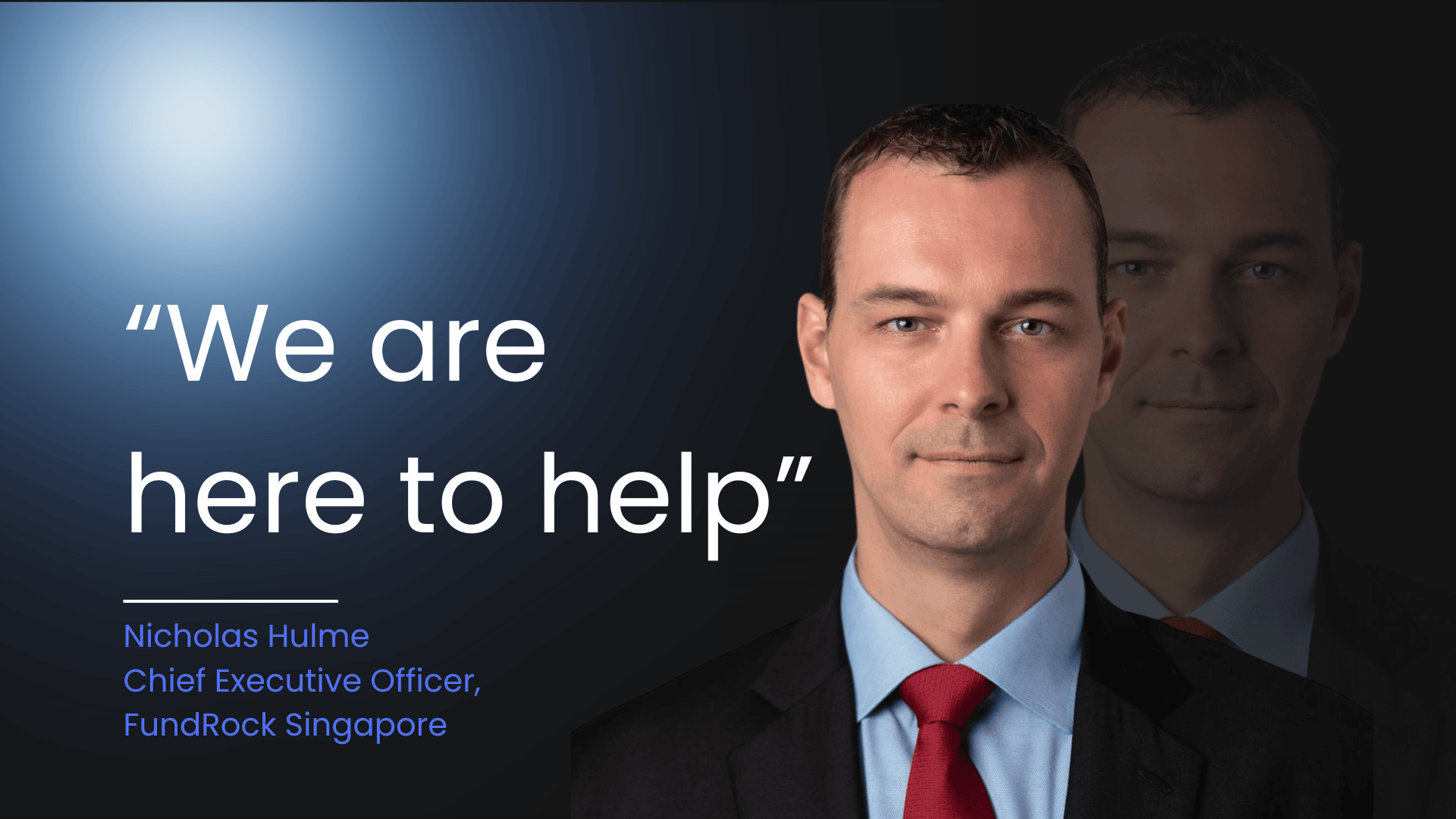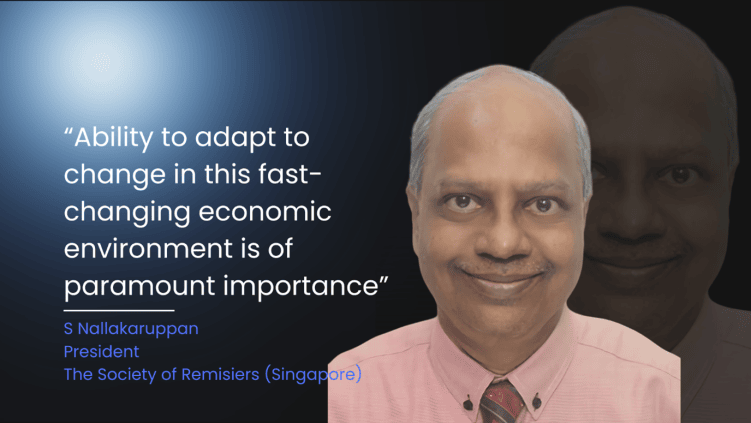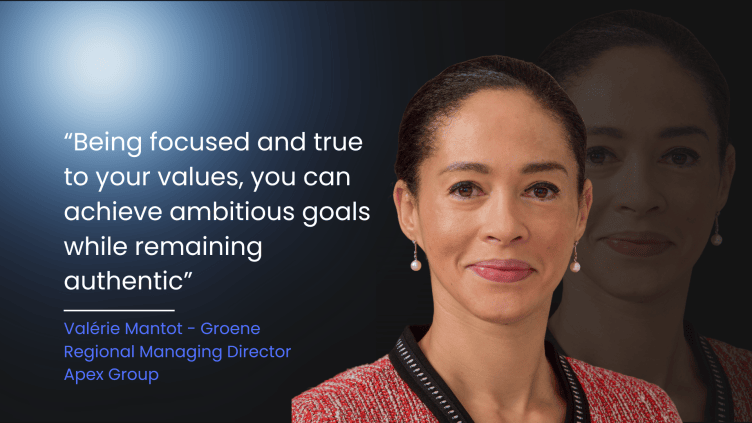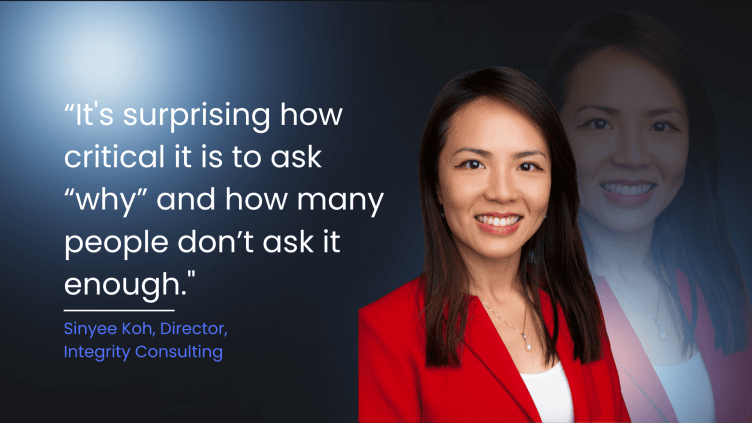I’m a Chartered Accountant by training & joined the Stocbroking industry in 1994 and have accumulated 30 years of experience in the capital markets. Gone through many major market cycles from the Asian Financial Crisis (1997 & 1998), Dot Com Bust (2000), SARS Crisis (2003), Global Financial Crisis (2008 & 2009), Penny Stock Crash (2013) & Covid Crisis (2020 to 2022). I’m now the President of The Society of Remisiers (Singapore).
History of The Society of Remisiers (Singapore)
Who is a ‘Remisier’?
The word ‘remisier” is not found in any English dictionary. It is a French word meaning “intermediary”. Although remisiers are still a feature of Paris Bourse, the term has been commonly used in the context of Bursa Malaysia and the Singapore Exchange. A remisier is an agent of a stockbroking company and receives a share of the commission for each transaction he handled. In the Singapore context, a remisier is licensed trading representative who is attached to a SGX member securities firms and who receives about 40% of the commission. Until the mid-1970, the sharing was 50%.
First Remisiers in Singapore
Remisiers first appeared in this region during the colonial period in Malaya (comprising of the Crown Colonies of Malacca, Penang, Singapore, Federated Malay States and Unfederated Malay States), where they dealt primarily in rubber and tin-related companies that were listed on London Stock Exchange (LSE), on behalf of Malaya-based clients. They worked with pioneer stockbroking firms such as Fraser & Company, Lyall &Evatt and J.M. Sassoon.
Relationship between Remisiers and Stockbroking Companies
The relationship between remisiers and their stockbroking companies were originally based on very loose arrangements which varied substantially both within the industry at large and within each company.
Formal Agency Agreements
As the industry progressed, more people joined as remisiers, and the regulatory body implemented standard remisier agreements. Under these standard agreements, the remisier is regarded as agent of the stockbroking company. This relationship was not made explicit in the previous arrangements between remisiers and stockbrokers. Now, each remisier had to put up a deposit to cover his clients’ losses in the event of default. The deposits vary from $30,000 upwards depending on the remisier’s volume of business.
Birth of the Society
A pro-tem committee, chaired by Mr Lee Wee Seng was later formed during a meeting at the Metropolitan YMCA at Palmer Road. This led to the formation of The Society of Remisiers (Singapore). The pro-tem committee held a meeting with the Monetary Authority of Singapore (MAS) and discussed, among other issues, the main unhappiness the remisiers had over the Lifeboat Fund. Soon after, the requirement for remisier’s contribution to this fund ceased.
In the beginning, the Society held regular bi-monthly meetings with the then Stock Exchange of Singapore (SES). Various grievances were brought for discussions and some actions were taken. One notable example was the reduction of hefty transfer fee to $2,000 per transfer which was $4,000 for the 1st instance and doubling up for each and subsequent transfer to a maximum of $32,000.
Read more on: Who We Are | Remisiers.org
Mike Sim (MS): What are the most pressing challenges currently facing the industry, and how have they evolved over the past decade?
S Nallakaruppan (Nalla): Brokerage rates have been highly commoditized and with the onset of Online Brokerages offering brokerage rates are at very low levels making it very hard for the traditional brokerages to survive and thrive.

A newspaper article on December 1999
Mike Sim (MS): How do you foresee the industry landscape changing in the next five years, and what factors are driving these changes?
S Nallakaruppan:
The traditional brokerages will need to move up the value chain and provide Wealth Advisory and Investment Management services. From the transaction-based model it will need to move to the Fee-based model.
Read Nalla contribution to Straits Times article: Are Zero-Commission Trades too good to be true?
Mike Sim (MS): What specific skills and competencies do professionals need to thrive in the industry today, and how do these requirements differ from those of the past?
S Nallakaruppan: The following upskilling programmes will be useful to Remisiers to transition to a Fee-based model : Wealth Advisory, Investment Management, Family Office Management, Digital Marketing etc.

Mike Sim (MS): How are regulatory changes impacting the industry, and how can organizations ensure compliance while also fostering innovation?
S Nallakaruppan: The brokerage industry landscape has transformed 180 degrees but the licensing rules for Trading Representatives has substantially remained the same for many years. It’s about time the Trading Representative rules are updated so that Trading Representatives can steadily transition from a Transaction-based model to a Fee-based model.

Mike Sim (MS): How are customer expectations evolving, and what strategies can organizations employ to deliver exceptional experiences and stay competitive?
S Nallakaruppan: Clients are now getting more sophisticated and would like their trusted Wealth Advisors and Investment Managers to be adequately skilled and up-to-date with the latest investment products available in the market.
To provide sound investment advice to achieve the client’s stated investment objectives in the short, medium and long-term.

Executive Committee 2023-2025
Mike Sim (MS): What opportunities exist for professionals to expand their skill sets and pursue career advancement within the industry?
S Nallakaruppan: There are now many suitable training programmes available in the market such as Wealth Advisory, Investment Management, Home Office Management, Digital Marketing etc.

SRS Signature Durian Trip on 24th June 2023
Mike Sim (MS): What is one question you wish I have asked you and how would you have answered it.
S Nallakaruppan: Employers must have an open-mind about age. As long one is competent enough to do the job with the right attitude, employers should be willing to employ seniors who are even 60 years and above in age. They have built a wealth of experience and can provide sound trusted advice to clients and be a true asset to the organization.

Mike Sim (MS): What is your sound bite?
S Nallakaruppan: Ability to adapt to change in this fast-changing economic environment is of paramount importance.

Mike Sim with S Nallakaruppan
Thank you, Nalla for taking time to share your insights on the brokerage industry and how one can adapt to the fast-changing economic environment!
Recent Posts






